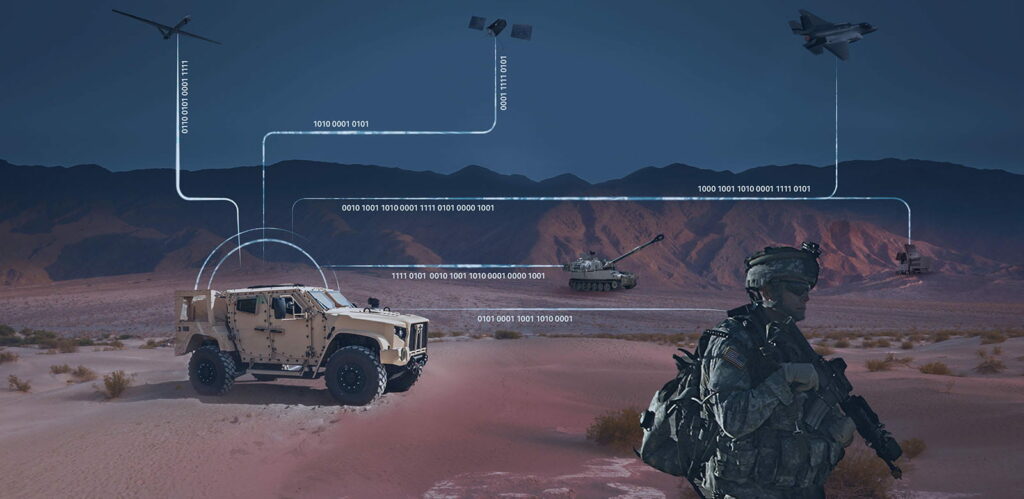Raytheon Technologies has been tapped to build a prototype for the US Army’s Tactical Intelligence Targeting Access Node (TITAN) program.
As part of the deal, the company will build a tactical ground station to detect and track emerging threats and support long-range precision targeting.
The station must collect data from space, terrestrial, and aerial sensors to deliver crucial targeting information for various defense systems.
Raytheon’s solution for the TITAN program offers multi-source intelligence support and improved situational awareness for station commanders.
Development of the prototype will take 14 months.
Apart from Raytheon, American software manufacturer Palantir Technologies has also been awarded a contract to provide another prototype.
Part of Future Warfighting Concept
The TITAN prototype development is part of the US Army’s future warfighting Joint All-Domain Command and Control concept.
The initiative seeks to connect cutting-edge sensors with appropriate shooters from all military services for more effective neutralization of enemy assets.
The US Department of Defense has said that future conflicts may require decisions to be made within hours, minutes, or even seconds, necessitating the formulation of its modern warfighting concept.
“Defending against peer nations and other evolving threats will depend upon our speed to collect, analyze, and use data to inform decision-making,” Raytheon states on its website. “We have to make the best decision possible faster than our adversaries in order to win.”
Next Phase
The US Army is investing $58 million in research, development, testing, and evaluation for the TITAN program.
After the 14-month prototyping phase, the service will evaluate the prototypes for their “technical feasibility and ability to meet TITAN requirements.”
Once selected, the vendor will deliver all TITAN prototypes and variants, integrate new technologies, and prepare to transition to full-scale production.




